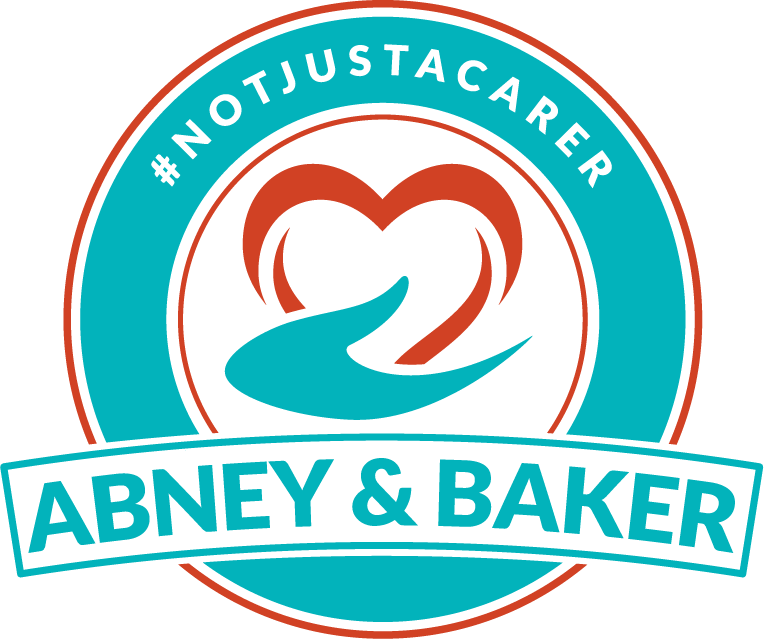Dementia is a progressive condition so symptoms will gradually get worse over time. This can make it tricky to spot what’s going on or know when to reach out for help. While each person with Dementia will handle their feelings in their own way, certain behaviours are common, here we share some frequent early signs to keep an eye out for.
Download your Guide to Care at Home to discover how, with a little support, you can continue to live happily and safely at home with Dementia.
#1 Memory loss affecting daily life
Frequently forgetting key dates e.g. appointments or birthdays.
Repeatedly asking for things.
Increasing reliance on memory aids e.g. sticky notes or ‘to do’ lists.
Forgetting what happened earlier in the day.
Getting lost or feeling lost in familiar surroundings.
#2 Struggling to focus
Struggling to follow conversations or TV programmes.
Difficulty concentrating.
#3 Mislaying things
Losing objects and not being able to retrace where they were left.
Accusing others of moving or taking items.
#4 Losing track of time or place
Forgetting where they are, or how they got there.
Lack of understanding of dates, seasons or time.
#5 Changes in behaviour and personality
Confusion or paranoia.
Loss of motivation.
Mood changes.
Becoming easily upset.
Becoming aggressive.
#6 Struggling with planning and organising
Struggling to follow a plan or work with numbers e.g. following a recipe or paying a bill.
Difficulties completing familiar tasks e.g. driving to the shops.
#7 Problems with speaking or writing
Having trouble following or joining a conversation.
Struggling with vocabulary and finding the right words.
Forgetting the names of family and friends or everyday objects.
#8 Vision and visual problems
Difficulties judging distance, colour or contrast.
Struggling with reading.
#9 Increasingly poor judgement
Poor judgement around money e.g. signing up to a door-to-door sales pitch when they wouldn’t normally have done so.
Less focus on personal care and hygiene.
Forgetting to pay bills.
#10 Withdrawal from work or social activities
Stepping back from previously enjoyed hobbies or sports.
Becoming less engaged in social and/or family activities.
Becoming unable to participate in a favourite hobby for no apparent reason.
All of the above could be signs of other conditions, but if you notice these changes in the person you’re supporting, do encourage them to visit their GP to get a diagnosis.
Although there is no cure for Dementia at present, if it's diagnosed in the early stages, there are ways you can slow it down and maintain mental function.
A diagnosis can help get the right treatment and support and help everyone involved to prepare and plan for the future. Many people with Dementia are able to lead active, fulfilled lives in the comfort and reassuring surrounding of their own homes.
If you’d like to chat to us about how a little extra care and support at home from a Dementia-friendly provider can help then do get in touch.
Sources: NHS, Alzheimer’s Society, Age UK, Dementia Action Alliance, Dementia Friends, Which?
Helping you to continue living independently and confidently in your own home.
By providing a range of support at home, we’re helping many clients across Bath & North East Somerset and West Wiltshire retain their independence and stay in control in the comfort of their own homes.
Remember we’re always here if you want to chat about your care options. Just get in touch:
Call 0333 043 4880 or email enquiries@abneyandbaker.com



